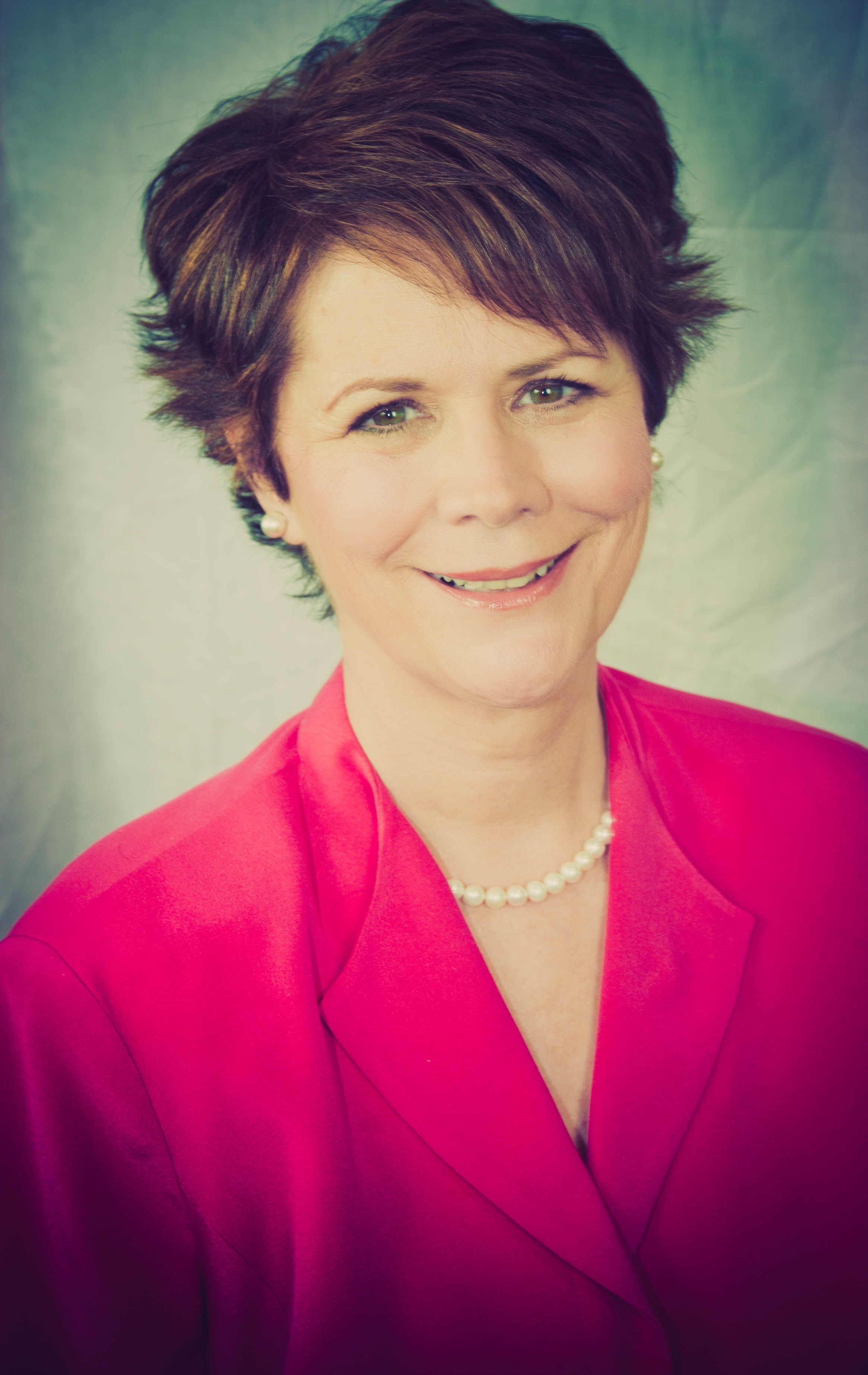RESUSCITATING HEALTH CARE IN MADISON
We were waiting nervously for the Supreme Court’s ruling on health care this morning. Then the Supremes told us we have to wait until Thursday. Sigh.
Poynter prepped the media with a tutorial that shook its finger at the Fourth Estate for paying too much attention to politics and not enough to the little guys.
One of my colleagues at Rippe Keane and I are debating the outcome. I think the law will be shot down because of the individual mandate. My colleague is much more optimistic and believes it will be upheld.
As we debate this, we wonder what is happening in our own community with health care. Our insurer, Physicians Plus, announced last week it would limit our access to UW Health because of a financial dispute. It means that if my husband’s brain cancer comes back, I may have to drive him to Mayo in Rochester, Minn., for treatment. That’s about 3.5 hours one way by car. That’s one heckuva commute.
There’s valid arguments on all sides of the local controversy. What it comes down to is who is going to pay for expensive care. Some of the health systems can have a losing year just because of a handful of very sick patients blow the budget and erase the benefits of shared risk.
There’s lots of talk in town that one of our health providers in town will sell itself to a for-profit operation. Today’s news was that Meriter is in a heap of debt. It could be a ripe target for a takeover by a player that has cash.
My analysis is that the Supremes’ decision will not help or hinder the local dispute in the short term — except for the care of the poor. The lack of an individual mandate, requiring all of us to have insurance or be fined, will make it much harder to provide low-cost care to at-risk individuals. Our local hospitals may be asked to give free care to an even larger group of patients than they already do. This could be an additional burden of already stretched providers.
With 50 percent of our school children in Madison living at the poverty line or below, the messy solutions for local health care providers and insurance companies will only be complicated by chaos on health care reform. However, I am betting on the smart people of Madison who think globally but act locally to make a difference with some clever and generous moves to help our community retain its distinctive quality of life and health care.
I am not an expert. Do I have this right? What should we be doing in Madison?

